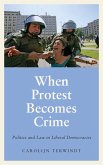
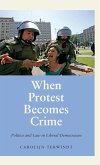
Gebundenes Buch
Politics and Law in Liberal Democracies
20. Dezember 2019
Pluto Press
Ähnliche Artikel
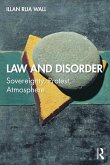
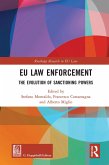

16,95 €
Sofort per Download lieferbar
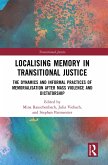
eBook, ePUB
30. Mai 2022
Taylor & Francis eBooks
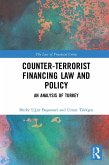
eBook, ePUB
9. April 2019
Taylor & Francis eBooks
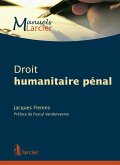

9,99 €
inkl. MwSt. und vom Verlag festgesetzt.
Sofort per Download lieferbar
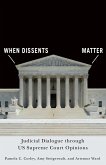
26,95 €
Sofort per Download lieferbar
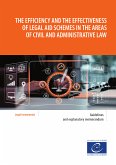
4,99 €
inkl. MwSt. und vom Verlag festgesetzt.
Sofort per Download lieferbar
eBook, ePUB
30. August 2021
Council of Europe
Ähnlichkeitssuche: Fact®Finder von OMIKRON

